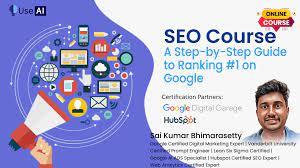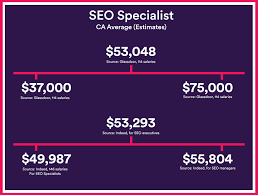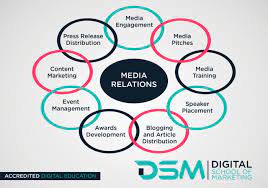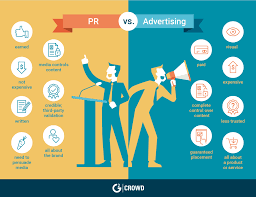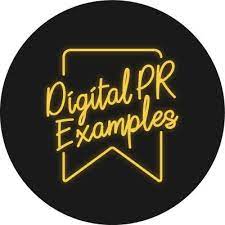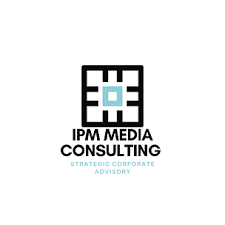Shaping the Industry Narrative: The Vital Role of Entertainment PR Agencies
Entertainment PR Agencies: Shaping the Industry Narrative
Entertainment PR agencies play a crucial role in shaping the narrative of the dynamic and ever-evolving entertainment industry. These agencies are responsible for managing the public image and reputation of celebrities, artists, production companies, and other key players in the entertainment world.
One of the primary functions of entertainment PR agencies is to generate buzz and create positive publicity for their clients. They work tirelessly to secure media coverage, arrange interviews, and coordinate press releases to ensure that their clients receive maximum exposure.
Furthermore, entertainment PR agencies are adept at crisis management. In an industry where scandals and controversies can quickly spread, these agencies are skilled at mitigating negative publicity and protecting their clients’ reputations.
Collaboration is also a key aspect of the work done by entertainment PR agencies. They often partner with marketing teams, event planners, talent agents, and other industry professionals to create cohesive campaigns that resonate with audiences.
Moreover, these agencies are experts in navigating the digital landscape. With social media platforms playing an increasingly important role in shaping public perception, entertainment PR agencies utilise digital strategies to engage with fans and build strong online communities around their clients.
In conclusion, entertainment PR agencies are vital players in the entertainment industry ecosystem. Through strategic communication, media relations, crisis management, and digital expertise, these agencies help shape the narrative of their clients and contribute to the overall success of the industry.
Understanding Entertainment PR Agencies: Key Questions Answered
- Who does PR for celebrities?
- What does a PR do in a night club?
- What is the biggest PR agency in the world?
- What do celebrity PR firms do?
- Do celebrities have PR firms?
- What are 7 types of PR?
Who does PR for celebrities?
In the world of entertainment, PR for celebrities is typically handled by specialised entertainment PR agencies. These agencies are dedicated to managing the public image and reputation of high-profile individuals in the industry, including actors, musicians, athletes, and other celebrities. They work closely with their clients to craft compelling narratives, secure media coverage, coordinate interviews, manage social media presence, and navigate any potential crises that may arise. By leveraging their expertise in strategic communication and media relations, these PR agencies play a crucial role in shaping how celebrities are perceived by the public and maintaining their positive image in the spotlight.
What does a PR do in a night club?
In a night club setting, a PR professional plays a crucial role in creating and maintaining a vibrant and engaging atmosphere for patrons. They are responsible for promoting special events, parties, and performances to attract guests and ensure a lively crowd. PR professionals in night clubs also work on building relationships with influencers, media outlets, and local communities to enhance the club’s reputation and visibility. Additionally, they may collaborate with DJs, artists, and performers to coordinate promotional activities and generate excitement around upcoming events. Overall, a PR professional in a night club setting focuses on driving attendance, fostering positive buzz, and ultimately contributing to the overall success of the venue.
What is the biggest PR agency in the world?
When it comes to the world of public relations, one of the most frequently asked questions is, “What is the biggest PR agency in the world?” While there are several prominent PR agencies that have a global presence and manage high-profile clients across various industries, determining the absolute largest agency can be subjective and dependent on different criteria such as revenue, number of employees, client roster, and geographical reach. Some well-known contenders for the title of the biggest PR agency in the world include Edelman, Weber Shandwick, FleishmanHillard, and Burson Cohn & Wolfe. These agencies have established themselves as industry leaders with a wide range of services and a strong international footprint.
What do celebrity PR firms do?
Celebrity PR firms play a pivotal role in managing the public image and reputation of celebrities. These firms handle a wide range of tasks, including securing media coverage, managing social media presence, arranging interviews and appearances, coordinating press releases, and handling crisis communication. Celebrity PR firms work closely with their clients to craft compelling narratives that resonate with the public and help build a strong and positive image. Additionally, they often collaborate with other industry professionals to create integrated marketing campaigns that enhance the visibility and appeal of their celebrity clients.
Do celebrities have PR firms?
In the entertainment industry, it is common for celebrities to have PR firms that manage their public image and communications. These PR firms play a crucial role in shaping how celebrities are perceived by the media and the public. From managing press releases and media appearances to handling crisis situations and building strategic partnerships, PR firms help celebrities navigate the complexities of fame and maintain a positive reputation. By working closely with PR professionals, celebrities can effectively communicate their brand message, engage with their fan base, and enhance their overall image in the public eye.
What are 7 types of PR?
In the realm of entertainment PR agencies, understanding the various types of public relations practices is crucial for navigating the industry landscape effectively. The seven types of PR encompass corporate PR, crisis communication, internal communication, government relations, media relations, community relations, and consumer relations. Each type serves a distinct purpose in shaping public perception, managing relationships with stakeholders, and enhancing brand reputation within the entertainment sector. By leveraging these different facets of PR strategically, entertainment PR agencies can craft comprehensive communication strategies that resonate with audiences and drive success for their clients.




